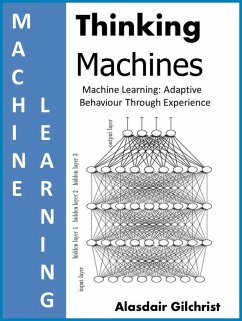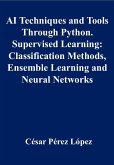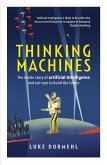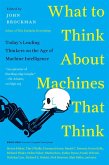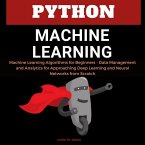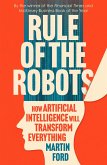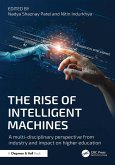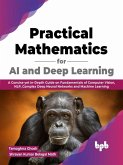The topics of interest are as follows:
How does A.I. differ from Machine Learning
Machine Learning in practice
Understanding the Machine Learning process
Introduction to ML algorithms
Function families of algorithms
Approaches to Machine Learning
Techniques and methods in applied Machine Learning
Working with error
Planning the Machine Learning process
Understanding Linear regression
Understanding Decision Trees
Understanding Bayesian Networks
Understanding Association Rules
Understanding Support Vector Machines
Understanding Clustering
Understanding Neural Networks
Intro to Deep Neural Networks (DNN)
Types of DNN
Understanding Feature Engineering
Machine Learning Platforms and Frameworks
Initially we will introduce machine learning and describe it relationship with Artificial Intelligence. As part of the discussion we will learn what Machine Learning is and how it differentiates from A.I. we will learn about some features of Machine Learning and study Machine Learning in practical terms by witnessing it in action. We will see the wide and diverse application of Machine Learning and understand its pervasiveness throughout most modern technologies.
Then we will look under the hood at the technology to get an idea of how Machine Learning works rather than just a high-level of what it does. In particular we will be introduced to the three approaches to Machine Learning, supervised, unsupervised and reinforcement learning. We will learn about each method, how it works and why it is used for particular scenarios as well the families of algorithms that are the foundation of Machine Learning and by doing so we will learn some of the basic principles behind algorithms and some of the important inherent constraints. We will discuss the Bias-variance dilemma, the requirement for generalization, and our preference for simple over complex models. In addition we will introduce a commonly used term in Machine Learning, overfitting and we will learn the principle, how it occurs and why it is such an issue. We will also learn how we measure error accurately and suggest some trade-offs that improve performance.
Then we come to addressing the harsh practical reality of preparing a Machine Learning model. We will learn how to handle data, through acquisition, cleansing and preparation. We will also learn how to choose an approach, a method and an algorithm that suits our needs. In the course of the book we will study Linear regression, Decision Trees, Bayesian Networks, Association Rules, Support Vector Machines, Clustering and Artificial Neural Networks.
We will also learn about Feature Engineering the important task of selecting the appropriate features for the method being deployed. We will learn how to identify appropriate features and the techniques for feature extraction.
Finally in the closing Chapter we will learn about the Machine Learning platforms and software languages that have good ML frameworks. We will also learn about other Machine learning resources, tools and techniques that enable even SME's to actively participate in Machine Learning activities and research.
Dieser Download kann aus rechtlichen Gründen nur mit Rechnungsadresse in A, B, CY, CZ, D, DK, EW, E, FIN, F, GR, H, IRL, I, LT, L, LR, M, NL, PL, P, R, S, SLO, SK ausgeliefert werden.
Hinweis: Dieser Artikel kann nur an eine deutsche Lieferadresse ausgeliefert werden.

